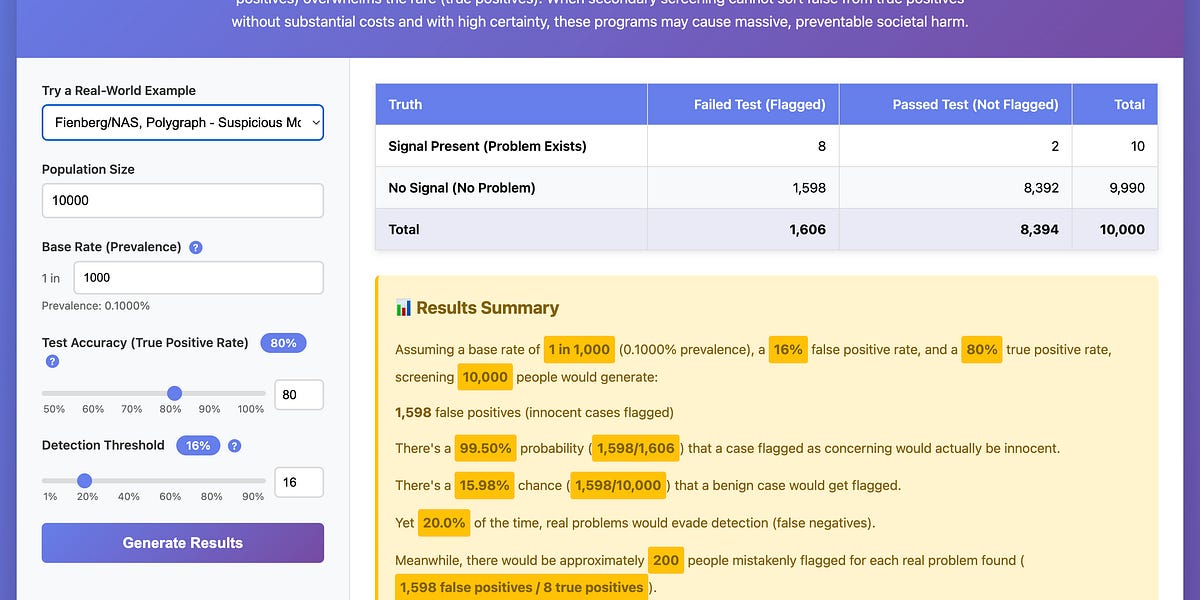Press enter or click to view image in full size
The plot of a good story is surprising, but inevitable in hindsight. This applies not just to the plots of fiction, but also to jokes, puzzles, journalism, and mathematical proofs.
(As we’ll see, this explains why LLMs struggle in these areas.)
If you had to explain the idea of “jokes” to a space alien with no understanding of the idea of humor, you’d explain that a joke is surprising, but inevitable in hindsight.
If you can guess the punchline, the joke won’t be funny. But the punchline also has to be inevitable in hindsight. When you hear the punchline, it has to make you say, “Ah, yes, I should have thought of that myself.”
If, once you hear the punchline, you can’t understand why the punchline was inevitable in hindsight, then we say that you didn’t “get” the joke. The teller can then explain the joke, giving the listener the context to understand why the punchline was inevitable. The joke’s explanation may be enlightening, even surprising in itself, but the joke won’t be funny at that point.
If the joke doesn’t make sense even in hindsight, then it’s a bad joke; nobody “gets” the joke.
Puzzle games come in many different forms, but here I’m referring not to jigsaw puzzles, but to games or toys where the player receives some information (“clues”), and is then asked to solve the puzzle by figuring out the right answer. Puzzles are common in modern video games, but you also see them in murder mysteries, escape rooms, and toy shops.
“Riddles” are a specific form of puzzle shaped like a joke, where the teller reveals some clues to the listener and then the listener tries to guess the right answer. Riddles and jokes are similar, but normally, the listener isn’t actually supposed to guess the answer to a joke, but instead is supposed to give up and enjoy hearing the teller reveal the answer. A riddle is a puzzle that the listener is supposed to solve, or at least be able to solve.
A good puzzle/riddle has to have a surprising solution; if the solution is obvious, then the puzzle is too easy. But the solution also has to be inevitable in hindsight, or else the puzzle is “unfair,” requiring you to read the author’s mind.
A good story has to be surprising. If you can predict what will happen next, then the story is boring. But the story events also have to follow from one another — they have to be inevitable in hindsight, or the story won’t make sense.
An engaged audience will constantly try to solve the riddle of what will happen next. If they can guess, they’ll be bored, but if the plot events aren’t inevitable in hindsight, the audience will distrust the story and disengage, unwilling to try to win an unfair game.
To be surprised by fiction, you have to care about what happens in the story. If you disengage with a story, if you don’t care what happens, you won’t be surprised, even if you couldn’t predict the ending.
In the lingo of journalism, journalists don’t just write “news,” they write “stories.” What’s the difference? It’s the difference between simply reporting today’s events and helping to make sense of those events.
“When a dog bites a man, that is not news, because it happens so often. But if a man bites a dog, that is news.”
Alfred Harmsworth
No one will want to read your reporting if the events aren’t surprising. Being surprising, in itself, is enough to be news, and sometimes it’s important to just break an important story in a timely fashion without making sense of it.
But the best journalism doesn’t just say that a surprising event happened, but explains why it happened, why it was inevitable in hindsight. That’s what makes it a “story.”
Correct mathematical proofs are always inevitable in hindsight, but only a few mathematical proofs are surprising, where they reach conclusions that the mathematical community assumed were wrong. Sometimes a proof can be surprising even if it reaches a conclusion we already knew, just by being shorter and more elegant than anyone thought possible.
There’s no such thing as a universally good story, because some people have more context and/or ability to guess/predict endings than others. Surprising kids is easy, but they lack context, so much less seems inevitable to them in hindsight. Surprising a professional reviewer is hard (they’ve seen it all, and can guess where you’re going) but that allows more stuff to be inevitable in hindsight.
The same problem applies to jokes. Professional comedians, when they hear good jokes, tend not to laugh out loud, but just say, “Ah, I see. Yes, that’s a good one.” Kids struggle to understand and remember good jokes, even when you explain them. “Inside jokes” between friends can seem inevitable in hindsight to each other, but meaningless to outsiders. (“You had to be there.”)
When you ask large groups of people to vote for the funniest jokes, the jokes are almost never “laugh out loud” funny, even to the majority of the voters. Good jokes get eliminated by voters who don’t have enough context to “get” the joke, and also by voters with so much context that they find every joke “too predictable.”
This effect is especially obvious for puzzles. Some people have a lot of experience with many kinds of puzzles; they enjoy very hard puzzles, as long as they remain fair. Others would find those same puzzles unfair. “How could I possibly have guessed that?” they ask. They didn’t “get” the puzzle’s solution, just like they didn’t get the joke.
For puzzle games, where we want the players to solve them eventually, we can help the players get to the solution by providing gradual hints, or providing a series of puzzles that build on one another. This makes the “leap” of the surprise smaller, but as large as possible, providing a satisfying game for players of varying levels of experience.
Have you ever asked an LLM to tell you a joke? They’re rarely funny at all; they never make you actually laugh.
LLMs are trained to predict what the “next word” would be a sentence. Their objective requires the LLM to keep surprise to an absolute minimum.
When you ask an LLM to tell a joke, the LLM is guessing what joke a majority of people would find funny. The result is almost never funny.
This is also why LLM-generated stories (plots) are so boring. AI slop is simply too predictable.
Even mathematical proofs are hard for the very best LLMs. Sure, they can prove stuff, but they struggle to prove anything surprising.
This is why we call LLM-generated content “AI slop.” Slop is just more and more of the same thing we’ve already seen. It’s unsurprising, and so it never impresses us or inspires us.
Hopefully this article told you something you didn’t know — it surprised you — and you now also agree with it, because the article fits in with your own experiences and beliefs. You could have written it yourself.
The feeling that “I should have thought of that” fills our hearts with wonder and bliss. The world needs more of that, and I hope this article helps and encourages people to develop more surprising, but inevitable stories in the future.
.png)



